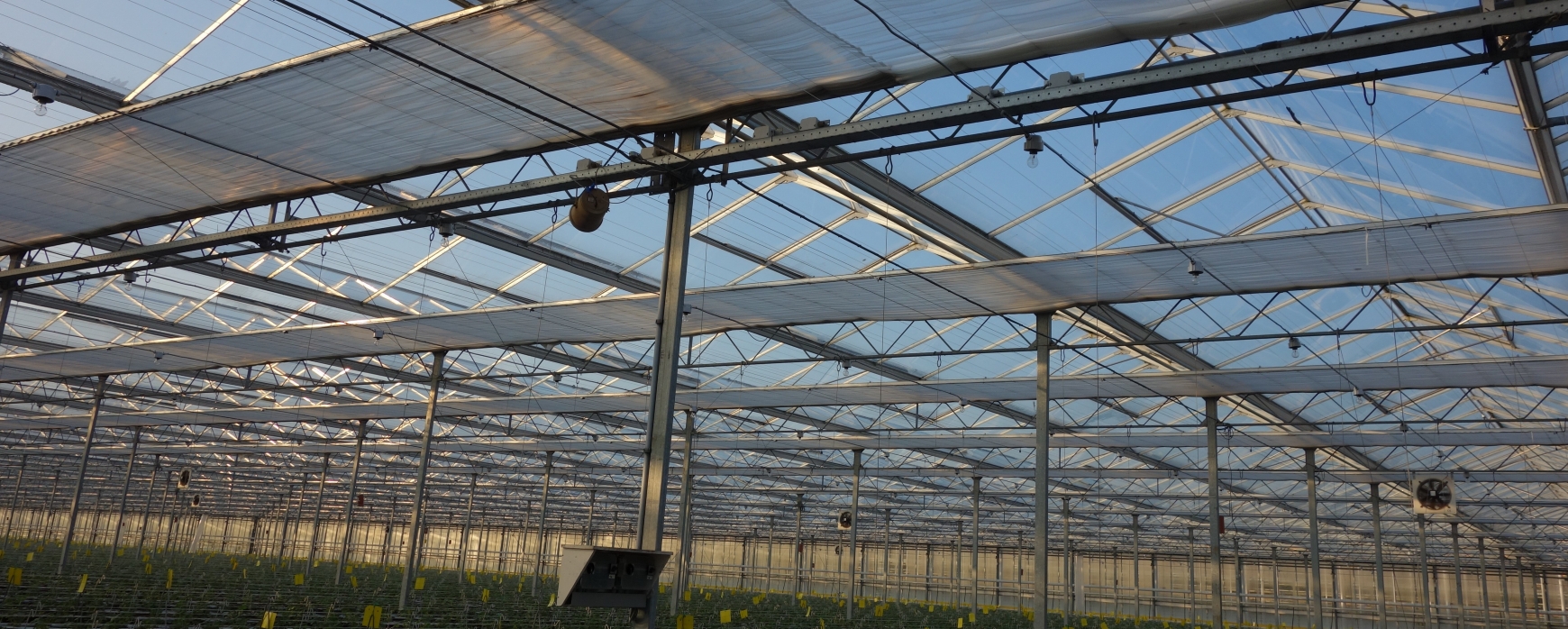Over the past few months, GrowSave, a knowledge sharing project that we deliver on behalf of AHDB Horticulture, has been running a pilot study group implementing Next Generation Growing (NGG) techniques in the UK horticulture sector. The group is a mix of growers of protected edibles, soft fruit and herbs, as well as a crop consultant. NGG expertise is provided by Mark van der Werf, a Dutch grower turned consultant, who has worked extensively on NGG in the Netherlands, where the concept was first developed.
The study group programme is based around an ethos of data sharing, made possible through the online LetsGrow.com platform, which enables growers to upload real-time data from their climate computers. Once uploaded, the whole group can view each other’s data; the role of the consultant is to provide insight into how current operations can be tweaked to be more in-line with NGG principles. The group is also encouraged to discuss their views, commenting on what is working well and what needs more attention. The overall aim is to increase productivity while also reducing energy consumption, as has been successfully demonstrated in the Netherlands by growers adopting the NGG approach.
For many of the group, Next Generation Growing is a new concept, and some of the principles can be uncomfortable to start with, as they go against traditional growing practices. Others have already experimented with NGG in recent years, with mixed success. The common theme among everyone though is a desire to learn and understand the theory behind the practice. Rather than just being advised on what to do, the growers are learning why the techniques have been so successful. This has been achieved through a group meeting and an online training session. Over the coming months, two further online sessions are planned, as well as another group meeting to be hosted by one of the group. Meanwhile, the growers are kept on track through regular feedback on their climate data.
As the group is comprised of a mix of crops and geographic locations, each grower should find what works for him and his crop variety. It is important, therefore, to have a good grasp of the theory so that it can be applied to what is actually being seen. There is no one-size-fits-all solution!
Importantly, this pilot project aims to introduce NGG to the UK horticulture sector. The first year is expected to be a steep learning curve for all involved, but in the medium-term, it is hoped that the techniques and concepts will be adopted by the industry as a whole. As with anything new, though, significant effort is required in the early stages to overcome initial resistance. In time, the results will hopefully speak for themselves, and many of the techniques could, ultimately, become industry best practice.
If you would like to know more about Next Generation Growing, please contact the GrowSave team or visit growsave.co.uk, where there is a range of information on the subject.


